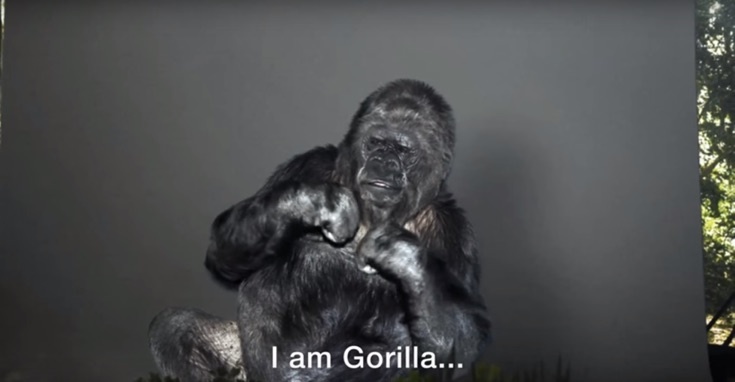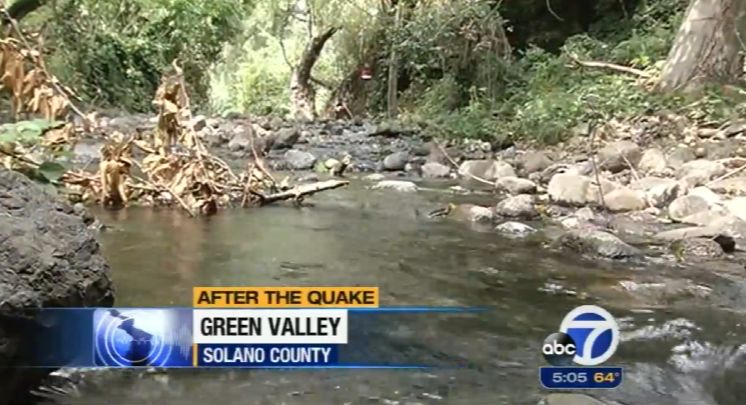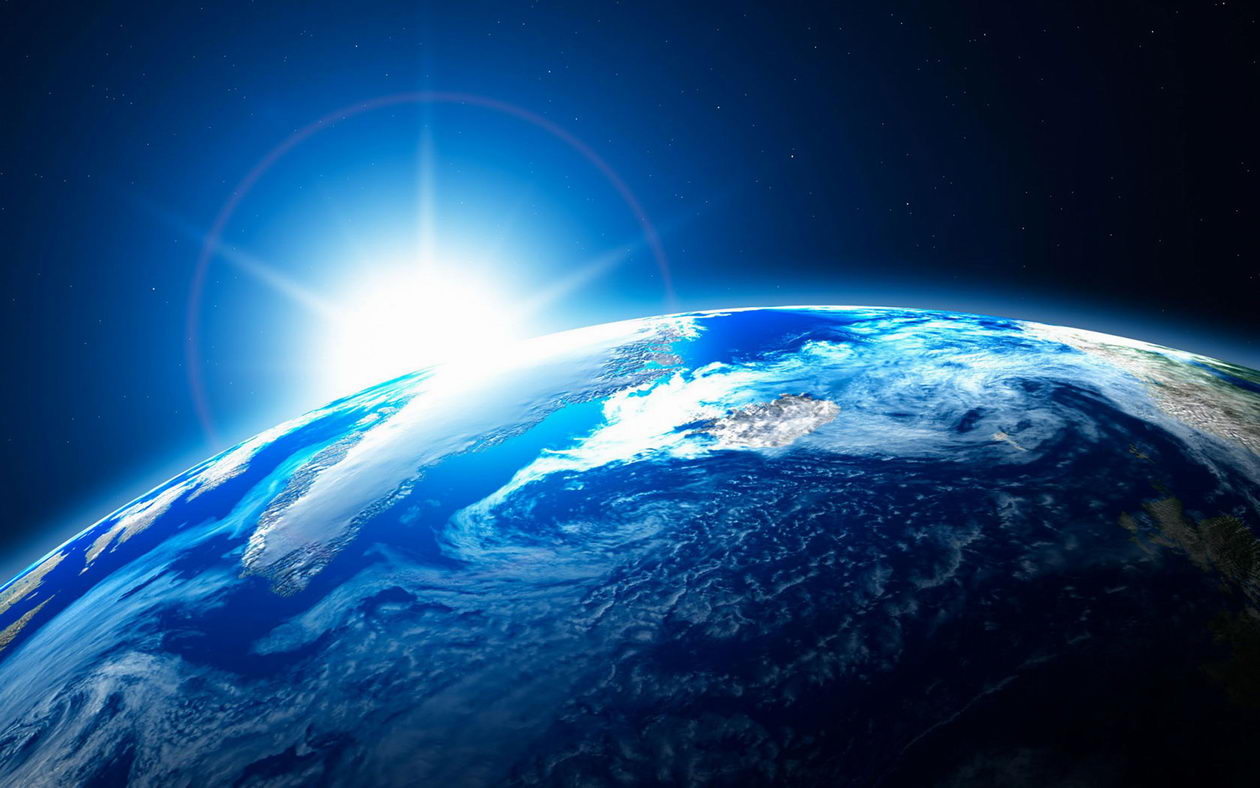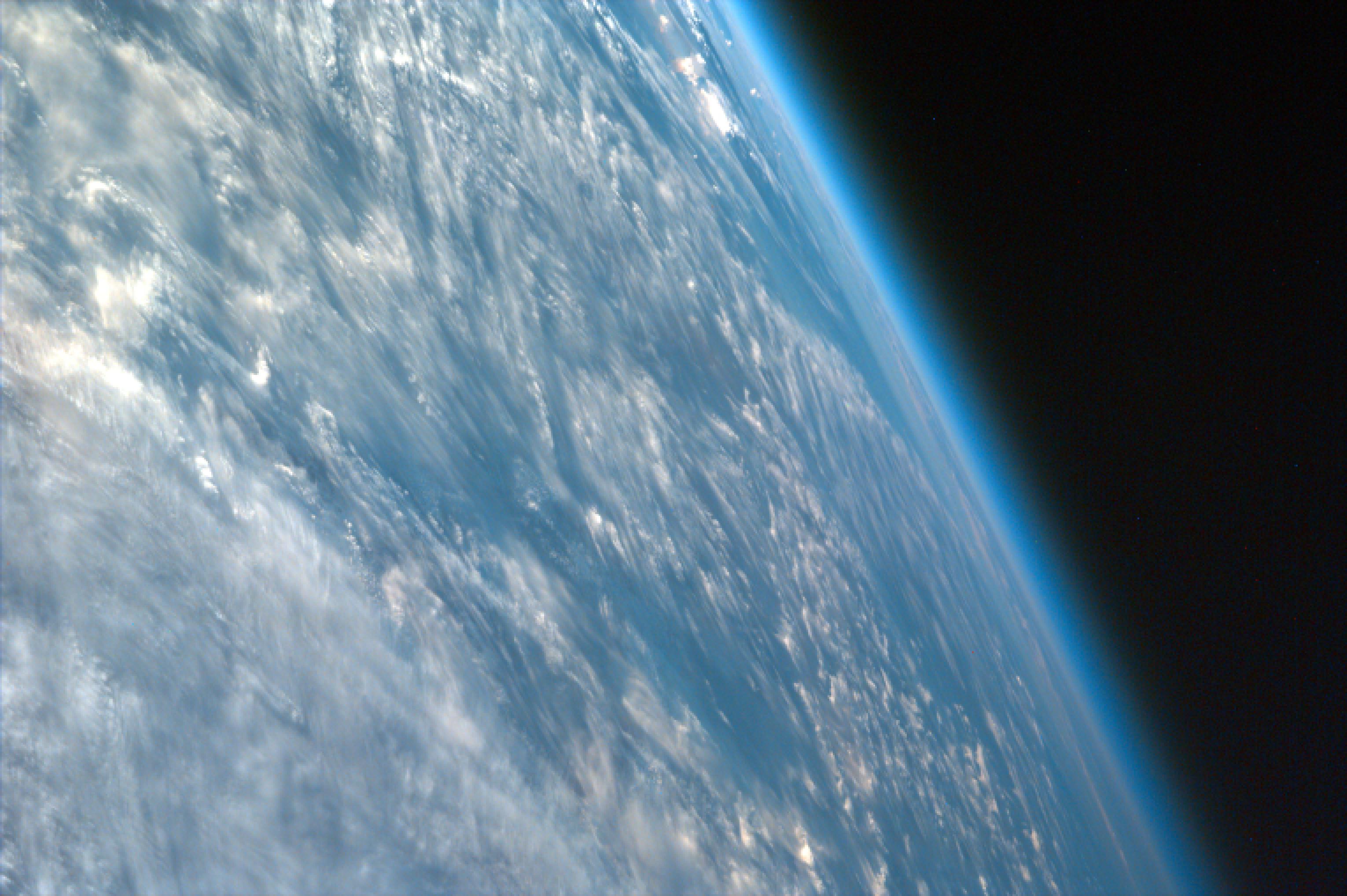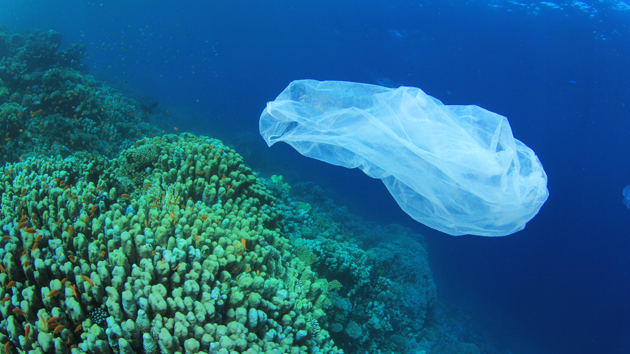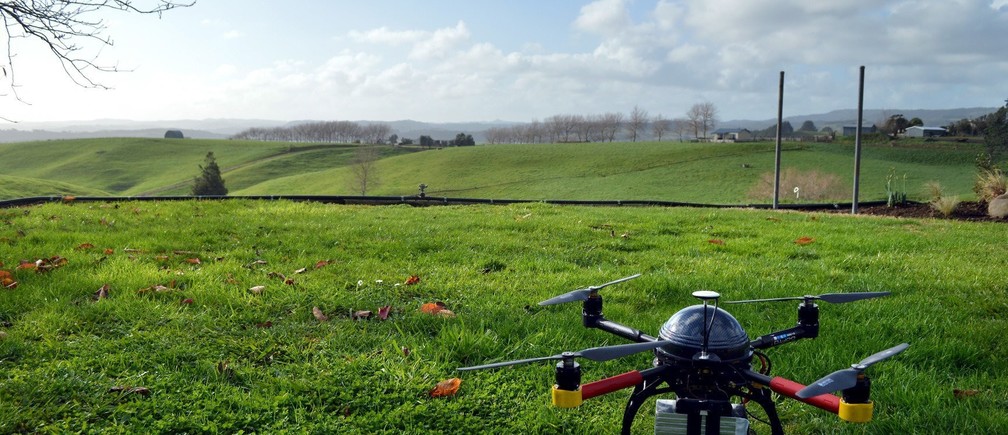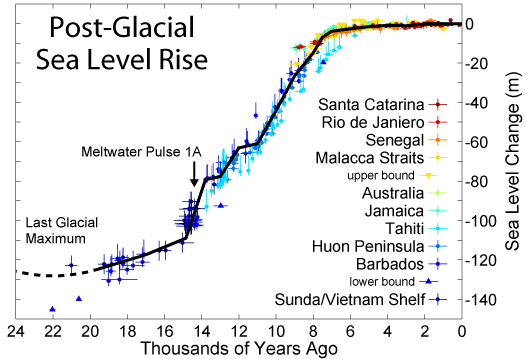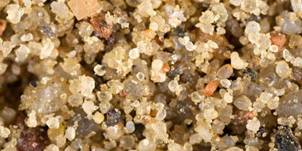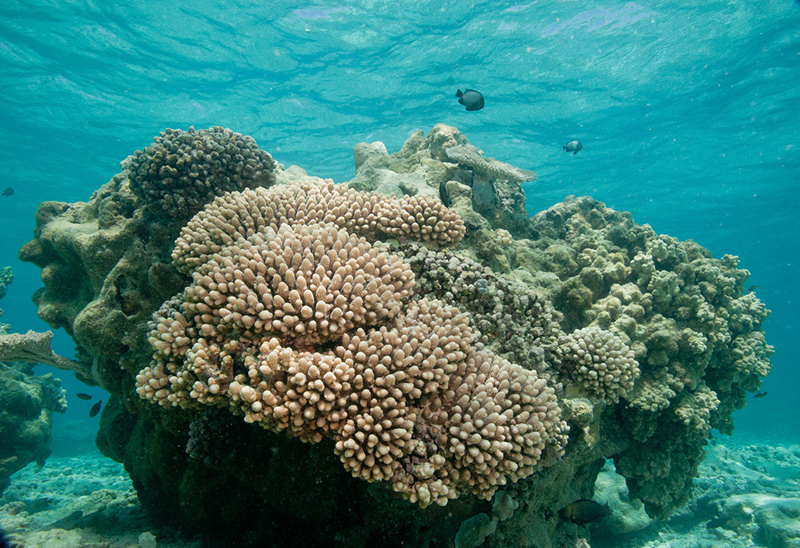I live in the world’s most polluted city
by Charles Riley February 19, 2016: 11:03 AM ET I live in the world's most polluted city. I also have asthma. I moved to New Delhi in October, to take up a new post with CNN. I had heard the warnings from colleagues and friends: The air in Delhi is bad, they said. Really bad. I mostly ignored them. Related: Delhi's…


